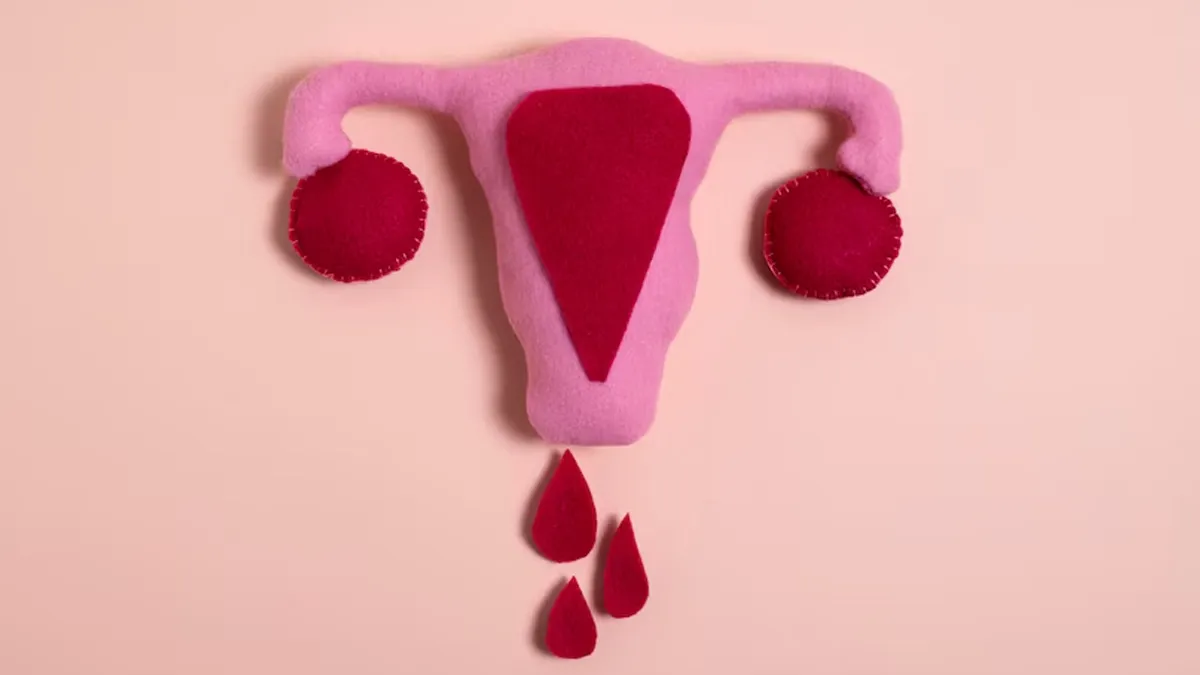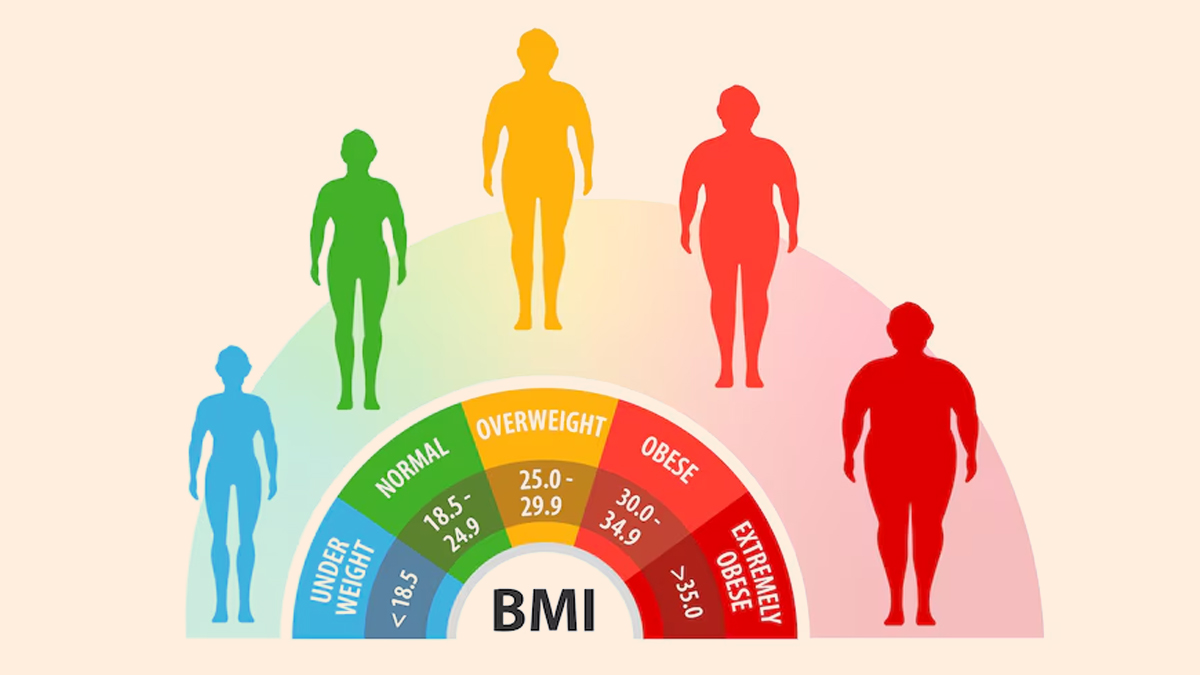
Polycystic Ovary Syndrome (PCOS) is a common hormonal disorder that affects women, often causing irregular periods, difficulty with fertility, and the development of small cysts on the ovaries. Many women also experience symptoms like excessive weight gain, acne, and unwanted facial or body hair due to elevated levels of androgens (male hormones). While these symptoms are widely known, one crucial aspect of PCOS that is often overlooked is chronic inflammation.
Table of Content:-
What is Inflammation?
Inflammation is a natural response by the body’s immune system to injury, infection, or harmful stimuli. It helps protect the body and promotes healing, but chronic inflammation can have detrimental effects on overall health. It manifests as pain, redness, swelling, and heat in the affected area, and when it becomes persistent, it can contribute to various health issues.
The Link Between PCOS and Inflammation

To understand the link between PCOS and chronic inflammation, OnlyMyHealth team interacted with Dr Anandmoy Dutta, Founder and Consultant, AMD Clinic & Healthcare, Kolkata. He said, “Have you been struggling to lose weight and gaining weight constantly since you were a teenager? Is exercising also not helping you much? Are you having abnormal facial hair with acne and excessive hairfall? Are you having difficulty getting pregnant? You must be having PCOS or PCOD, which is associated with chronic inflammation and treated mainly by diet control, lifestyle changes, and, in some cases, medication and exercise.”
Research indicates that women with PCOS have elevated levels of inflammation in their bodies. This chronic inflammation is believed to contribute significantly to the symptoms of PCOS. One of the major causes of inflammation in PCOS is insulin resistance, a condition where the body does not respond effectively to insulin. This leads to higher insulin levels, which not only disrupt hormone balance but also promote fat storage, particularly around the abdomen. This excess fat exacerbates inflammation, creating a vicious cycle that worsens symptoms.
Dr Dutta elaborates, “Chronic inflammation triggers a cycle that can lead to obesity, increased insulin resistance, and further inflammation, making it harder for women to manage PCOS effectively.”
Also read: Explainer: What Is Chronic Inflammation And How Does It Lead To Weight Gain?
How Inflammation Affects PCOS Symptoms
Chronic inflammation can aggravate several PCOS symptoms. It can hinder weight loss efforts, increase fatigue, worsen skin conditions like acne, and even disrupt ovulation, which contributes to fertility problems. Additionally, inflammation affects mood and mental health, often contributing to feelings of depression or anxiety. These symptoms can create a significant emotional and physical burden for those dealing with the condition.
Managing Inflammation in PCOS
While inflammation may be a root cause of many PCOS symptoms, the good news is that it can be managed effectively with the right lifestyle changes and treatments. Here are several strategies to help reduce inflammation and manage PCOS:

Anti-Inflammatory Diet
Adopting an anti-inflammatory diet is crucial for managing both PCOS and inflammation. Dr Dutta recommends a balanced diet that includes a variety of fruits, vegetables, whole grains, and healthy fats. Foods like leafy greens, berries, and fish rich in omega-3 fatty acids can help reduce inflammation. Conversely, processed foods, sugary snacks, and refined carbs should be avoided as they promote inflammation.
Exercise and Lifestyle
Regular physical activity is one of the most effective ways to combat inflammation and improve insulin sensitivity. Mild to moderate exercises, such as walking, swimming, or cycling, can help manage weight and lower inflammation levels. Additionally, following a regular routine, with adequate sleep and avoiding harmful habits like smoking or excessive alcohol consumption, plays a significant role in reducing inflammation.
Also read: Vidya Balan Opens Up About Dramatic Weight Loss And Her Game-Changing New Diet
Stress Management

Chronic stress can worsen inflammation. Techniques such as yoga, meditation, and deep breathing exercises can help manage stress levels, thereby reducing inflammation. "A well-rested mind and body are crucial for reducing chronic inflammation associated with PCOS,” says Dr Dutta.
Medical Treatment
In some cases, medications like Metformin may be prescribed to address insulin resistance and reduce inflammation. Anti-inflammatory drugs may also be used under medical supervision to manage symptoms.
Conclusion
Chronic inflammation is a key factor in the development and progression of PCOS. It plays a significant role in many of the symptoms women experience, including weight gain, acne, fertility issues, and mental health struggles. Managing inflammation through a balanced diet, regular exercise, stress management, and, when necessary, medication, can help alleviate PCOS symptoms and improve overall well-being. Dr Anandmoy Dutta emphasises, “Proper balanced and timely diet, lifestyle changes with regular mild exercise, adequate sleep, stress management, and avoiding harmful substances such as alcohol and smoking are essential to managing PCOS effectively.”
Also watch this video
Read Next
'Pookie Baba' Anniruddhacharya Claims Hot Water With Ghee Helps In Regularising Periods — Does It?
How we keep this article up to date:
We work with experts and keep a close eye on the latest in health and wellness. Whenever there is a new research or helpful information, we update our articles with accurate and useful advice.
Current Version